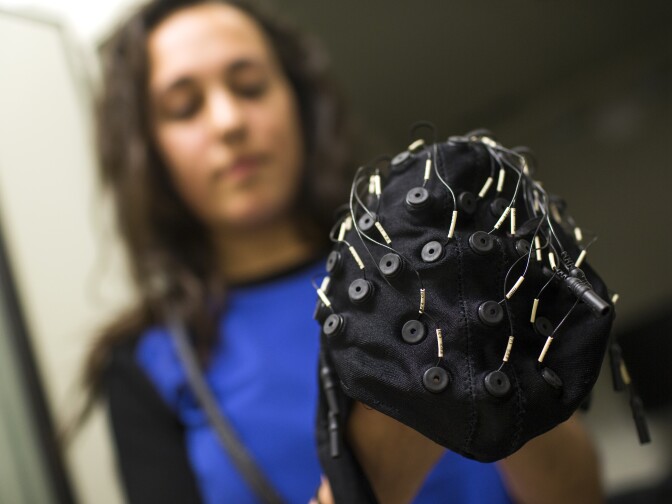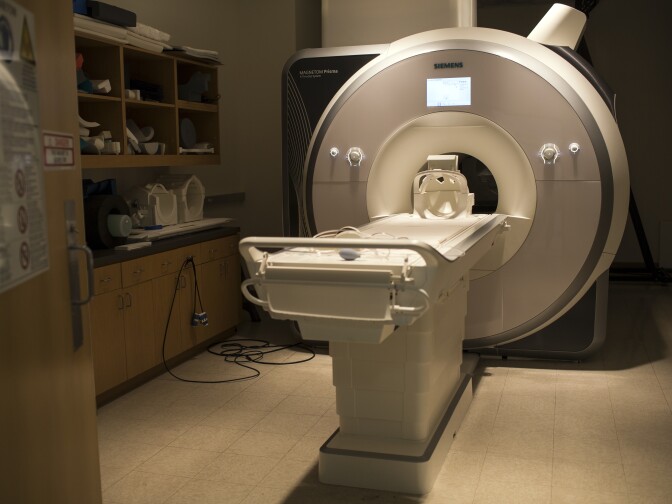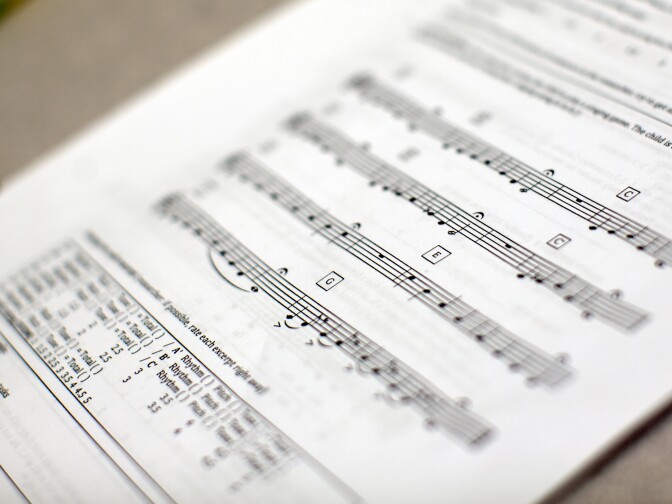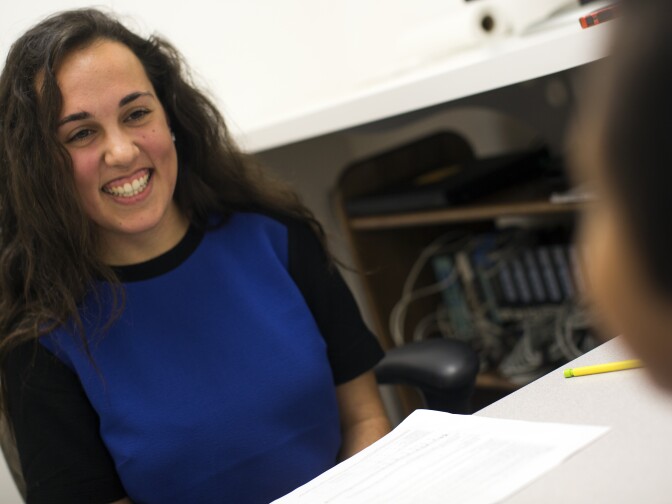A unique University of Southern California study measuring the benefits of musical training is showing orchestra students outperformed children in sports on auditory skill tests.
Strong auditory skills help kids build abilities like reading and understanding nuances in conversations, researchers say.
The early findings in the five-year study released Wednesday night suggest music instruction may be a better time investment when it comes to developing certain skills than after-school sports.
The study conducted by USC's Brain and Creativity Institute is tracking elementary youth orchestra students starting at ages 6 and 7 against their peers in a soccer program and another group without regular after-school activities. Seventy-five students are participating in the research.
RELATED: What parents need to know about children's brains on music
"We have started to see improvements in the auditory skills, including pitch perception and production and rhythm perception," said Assal Habibi, the study's lead researcher. "These skills are not only important for processing music but they are essential and necessary for processing speech."
The preliminary findings also show evidence that students from the music group and sports group both exhibited improved motor skills compared to the group of children without after-school activities.
Habibi and her colleagues cautioned that the results are early; they measure the effects of orchestra training on 15 elementary students after just one year of practice. Detailed results from the study's first year will be published in the coming months.
Third-grader Raquel Rosales, who is part of the study, said she's noticed differences in herself since joining Youth Orchestra LA in the Rampart District, the orchestra program participating in the study.
"It helps me a lot," she said. "Music is another language."
YOLA, as the youth orchestra is commonly called, focuses on bringing music instruction to underserved neighborhoods and offers students free instruments.
The research adds to a growing body of work supporting the beneficial effect of music on the academic performance of children. In January, neuroscience researcher Nina Kraus told an audience at the KPCC Crawford Family Forum that learning a musical instrument helps boost a child's auditory processing, which can lead to improved communication and literacy skills.
Antonio Damasio, director of the Brain and Creativity Institute, said he hoped the USC study will provide evidence to support more music instruction in schools and lead to changes in arts education policies.
In a KPCC survey in 2014, just 28 percent of participating Southern California school districts reported providing music instruction to more than 80 percent of their elementary students every year.
Schools often cite a lack of resources for failing to provide music classes.
“There’s absolutely no question that moving the arts away from school is a great big mistake,” Damasio said.
















